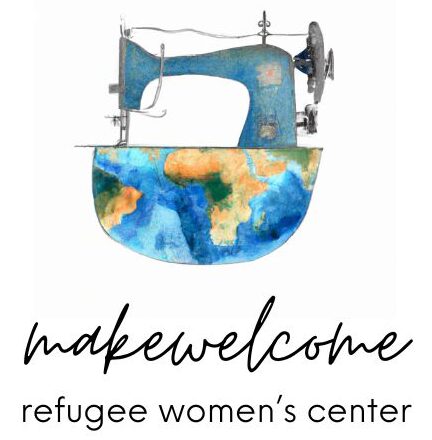We’ve had an overwhelming amount of material needs over the past 3-4 months as rents are being raised, work hours cut, new refugee families arriving with not enough caseworkers to care for them, and Afghan families scrambling to find new homes when landlords won’t renew the lease. As 658 staff and family mentors dealt with some of these needs, I’ve realized that we needed to go back and revisit the principles of what effective benevolence looks like so that we’re helping these families in way that truly moves the needle in their situation. Here’s some of the takeaways from that:

- It’s easy to just give stuff. But easy isn’t always best. When we do simply give things too much, we can inadvertently, yet subtly reinforce the feeling that these families just can’t provide for themselves and must be dependent. This is called the Relief work stage of care, and should only be used in the most dire situations or as part of a holistic strategy.
- Empowerment is hard. But important. What most refugee families need is what’s termed empowerment or asset based development. Empowerment means people are growing in their ability to analyze their situation, to make healthy decisions to improve it, and then to carry out those decisions. In other words, we’re giving them the ability to show they CAN survive and thrive in America without always being dependent.
Practically, empowerment means we come alongside to help families as they decide what they most need. Our job is to assist them in making a plan to obtain that goal. This doesn’t mean we never speak into it – after all, there’s many cultural issues that refugee families struggle to understand – but we’re helping them own the change. Our goal is just to be walking alongside to help remove obstacles. - Practical Example: We’ve had this situation recently in an emergency rent situation. The family was facing eviction and needed rent help to get a new house. But since the goal is for them to support themselves with paying rent, the team helping this family came up with a holistic approach that looked beyond the emergency. Dad needs connections for English classes so he can get a better job. Teens need to get part time jobs to help support their families. The family needed to manage their budget better so as to save for future emergencies, down payments etc. Caring for them well meant helping with half-rent, devising a payment plan for utilities, signing the dad up for ESL classes in their new neighborhood and working with school case workers to help the teens manage their homework, college applications and part time jobs better. This family is smart, capable and talented. But they needed help adapting their lives to American culture! And that meant material help AND empowerment help working hand in hand.
I’ve rarely ever had a refugee family or friend refuse long-term empowerment help. Most families I know desperately want to succeed in America and need mentors to help them walk this journey towards success instead of just giving handouts that keep them dependent. It’s just that this development work takes LOTS of time and energy and relationship building. Our goal here is to build team that can work TOGETHER to invest holistically in families. I’m excited to see this happening more and more.
How about you? How have you seen asset-based development used well in helping refugee families achieve independence? Love to hear from others involved in this work.
